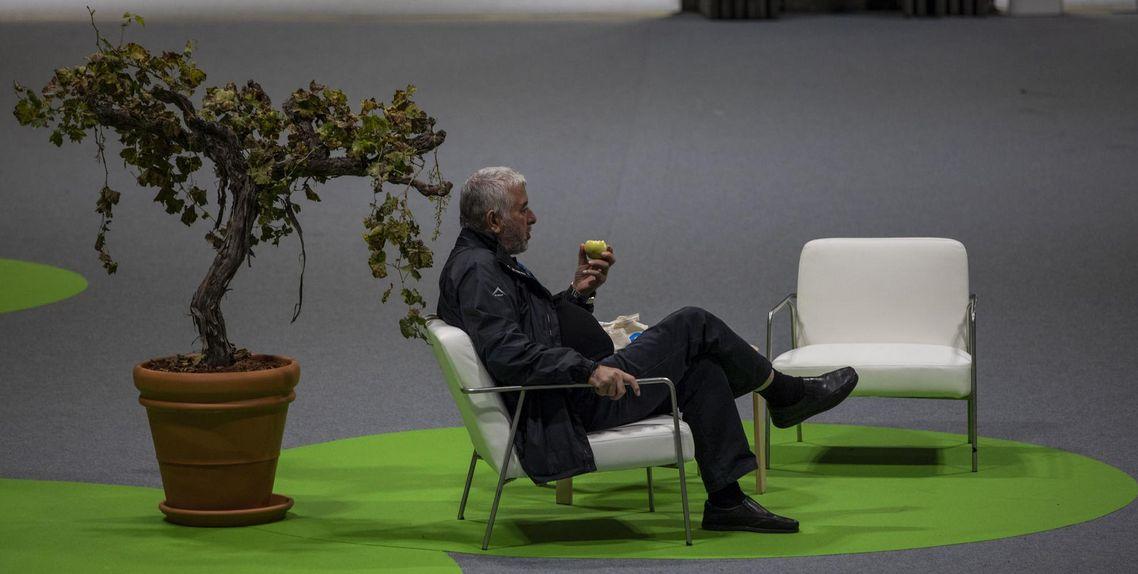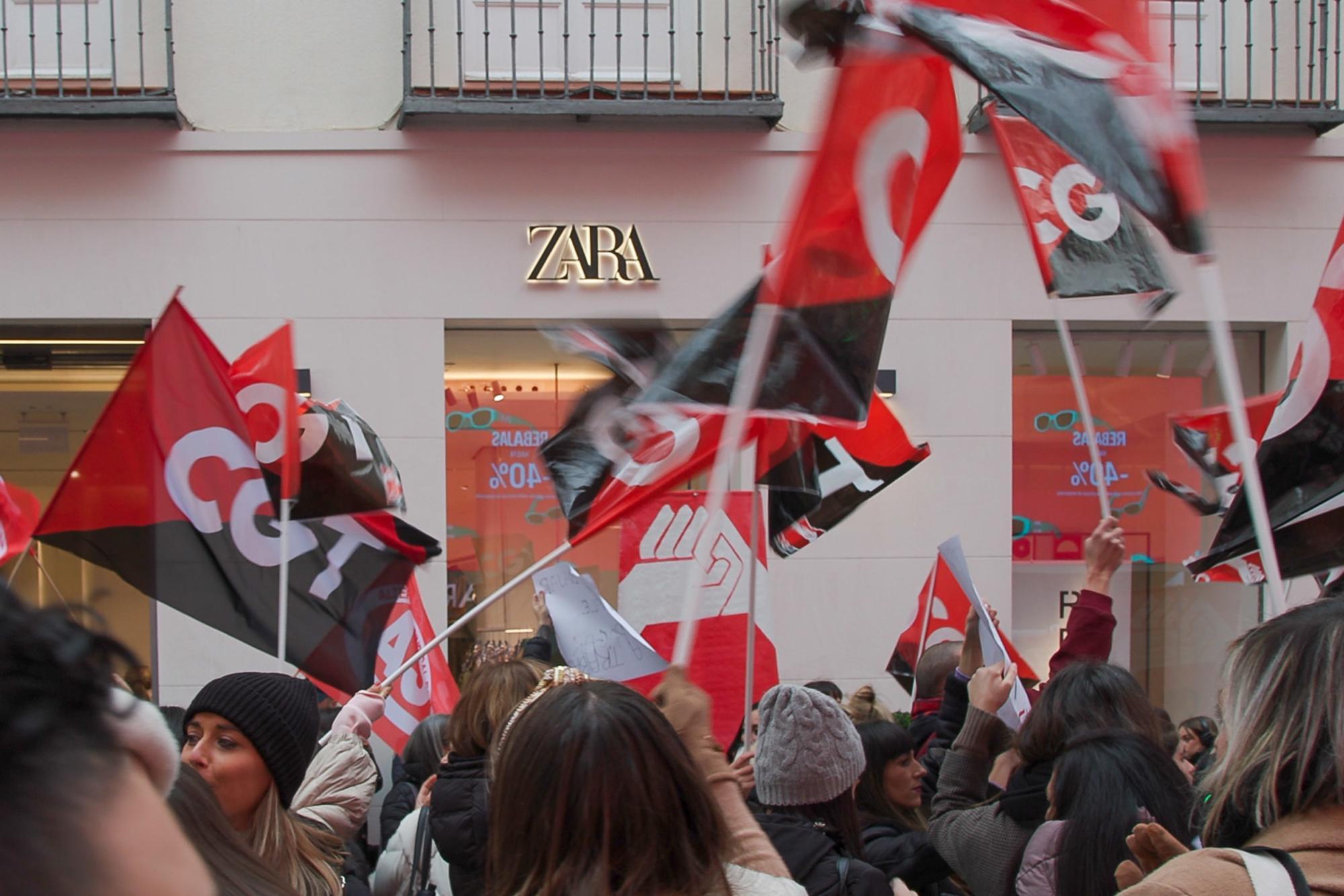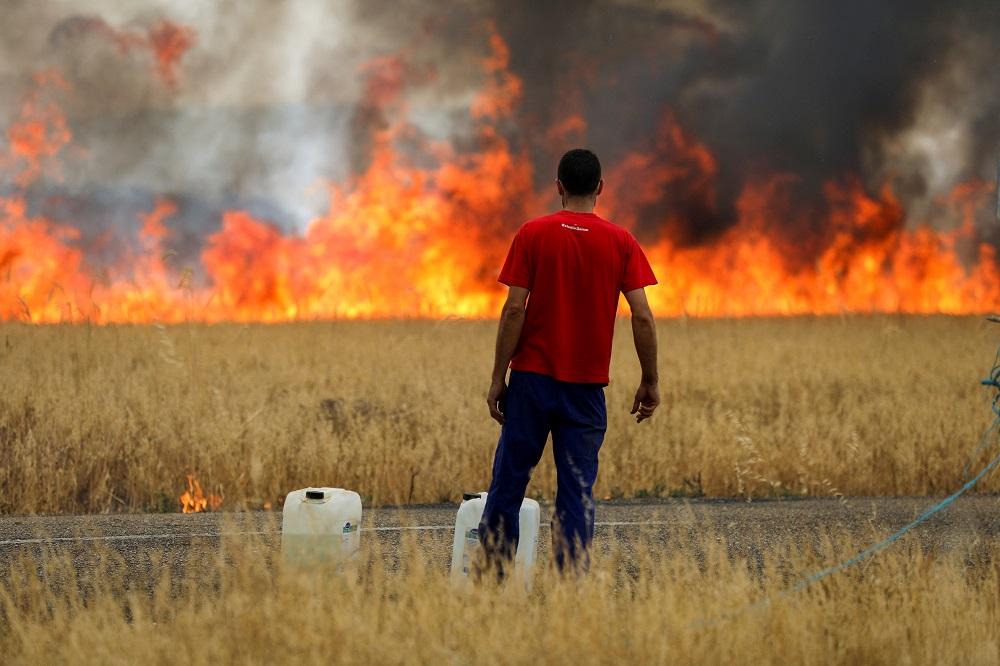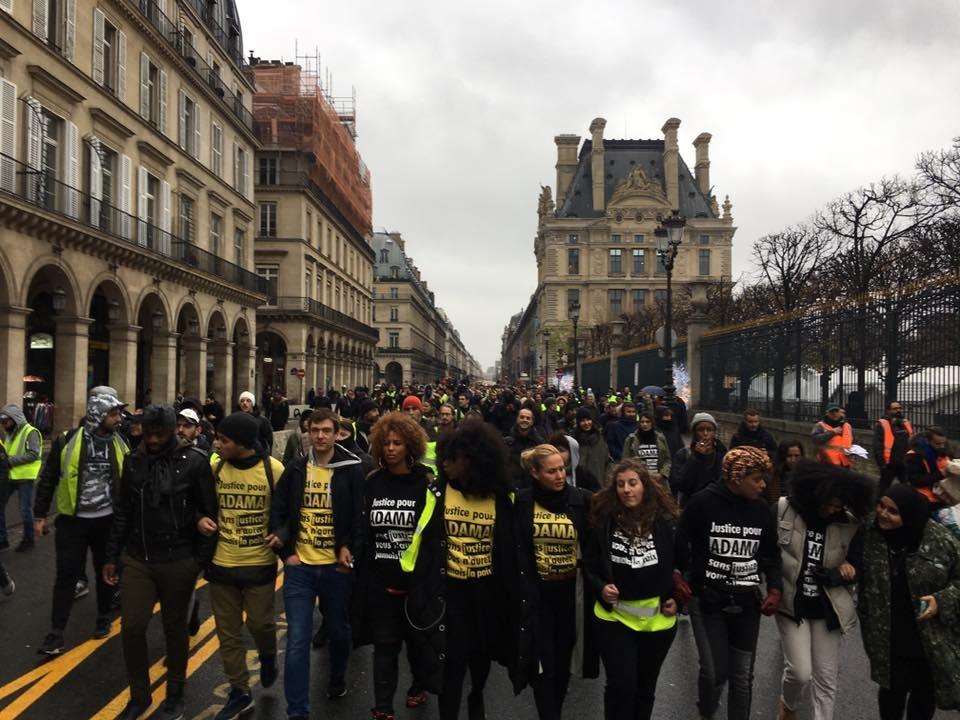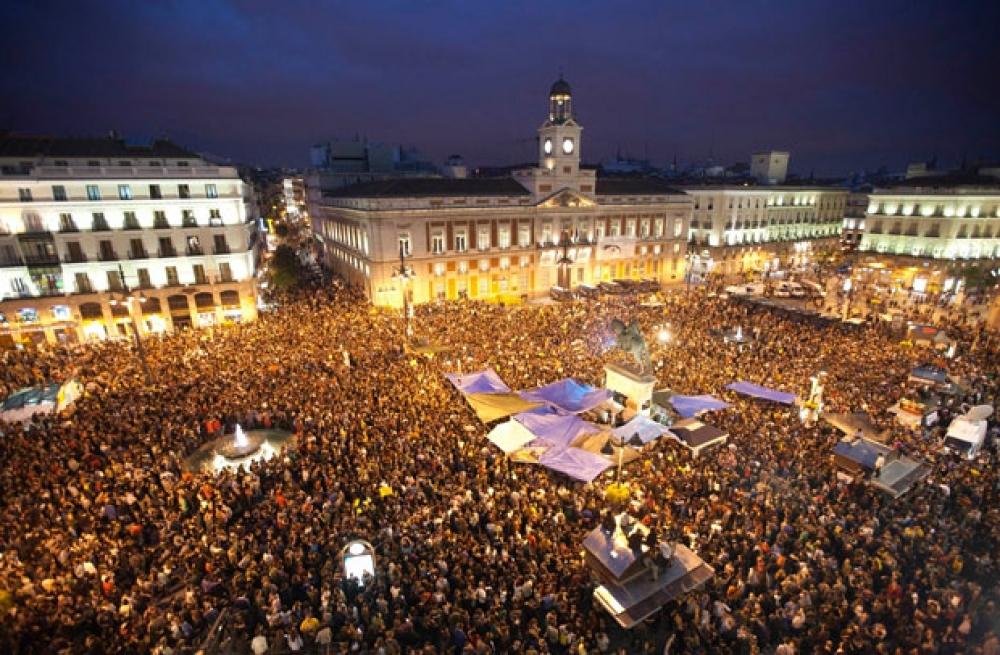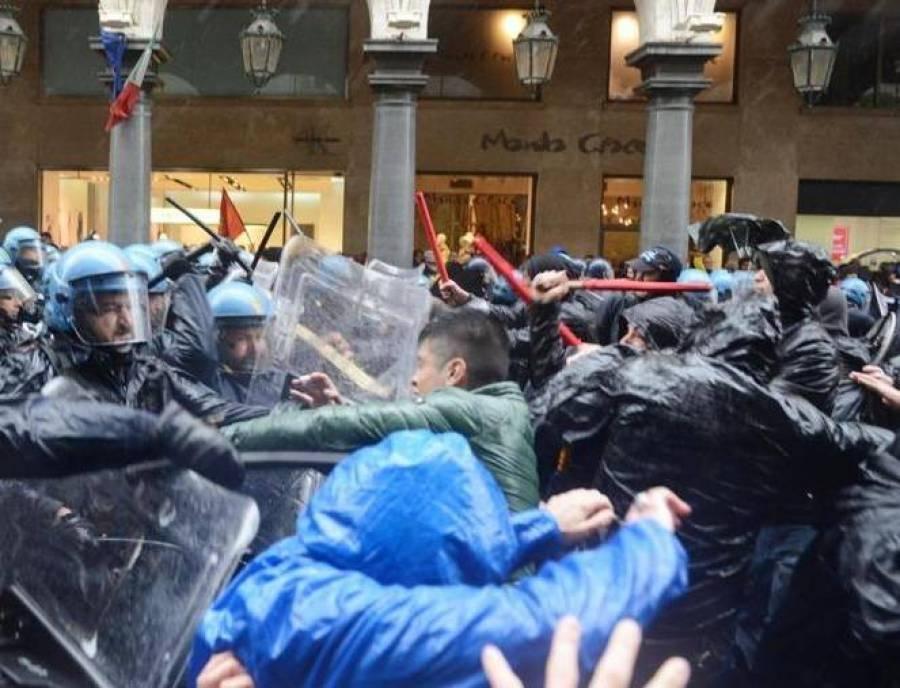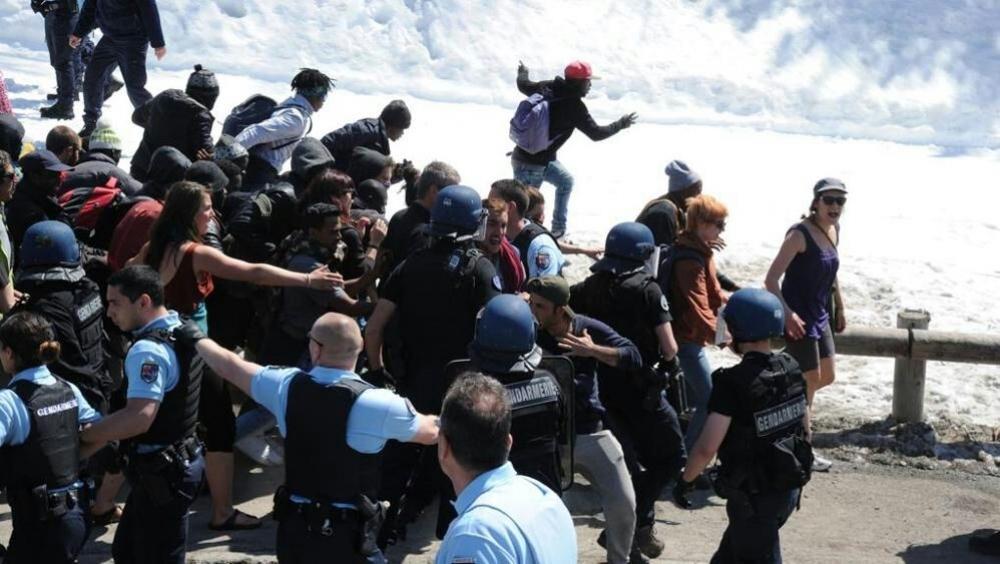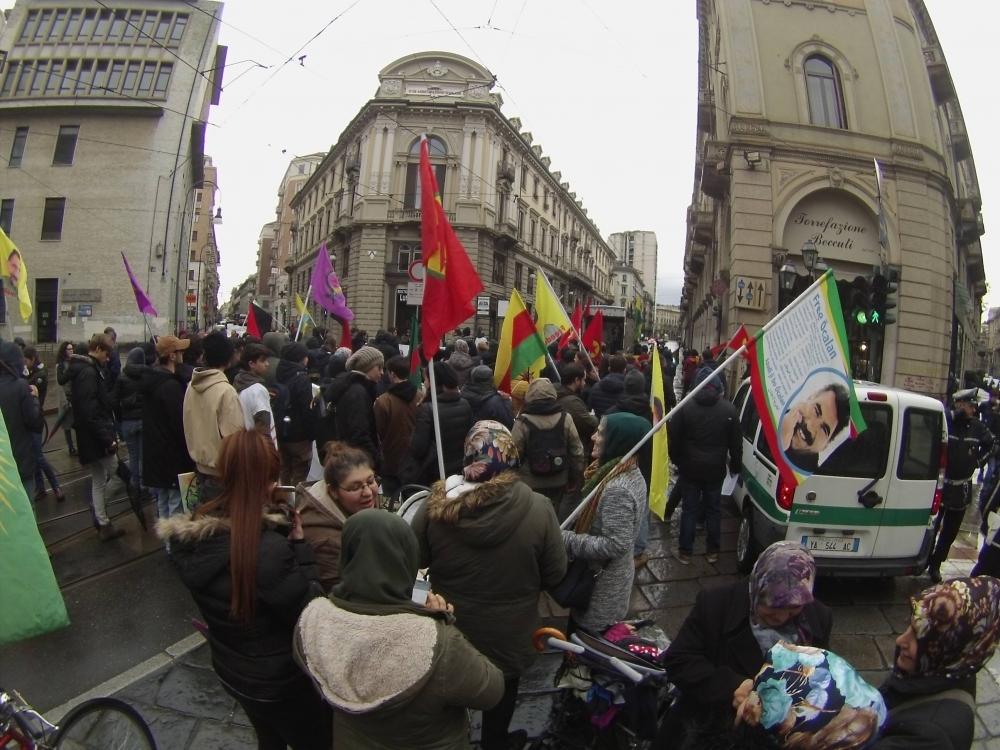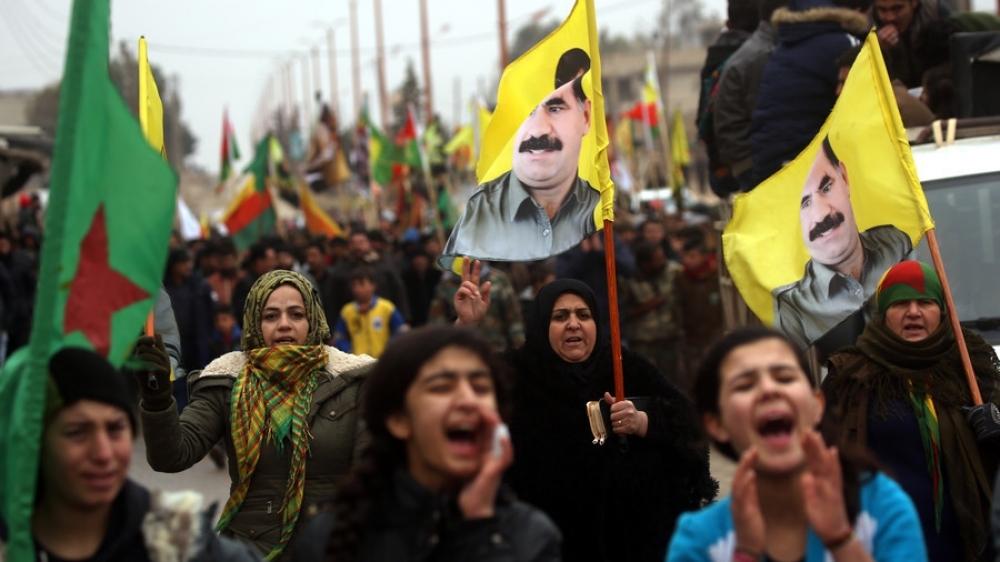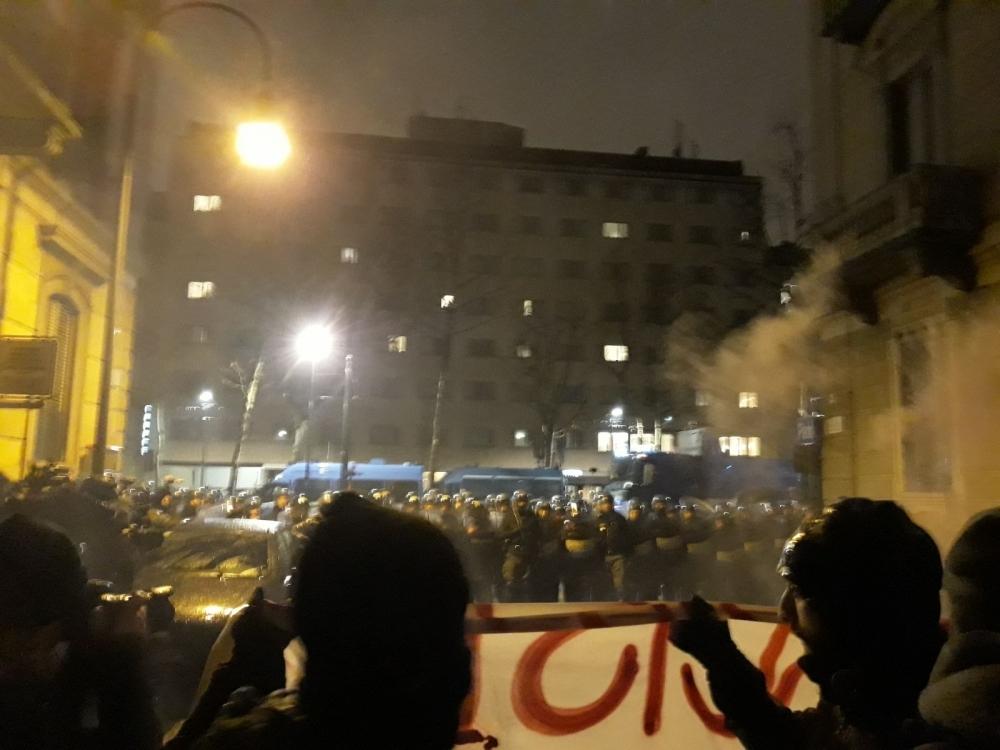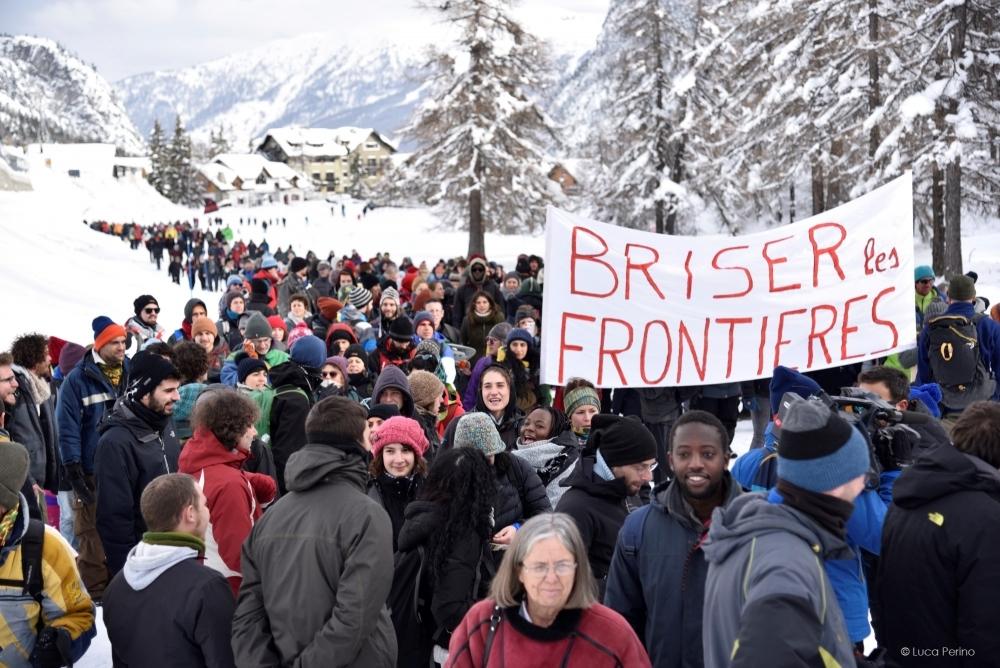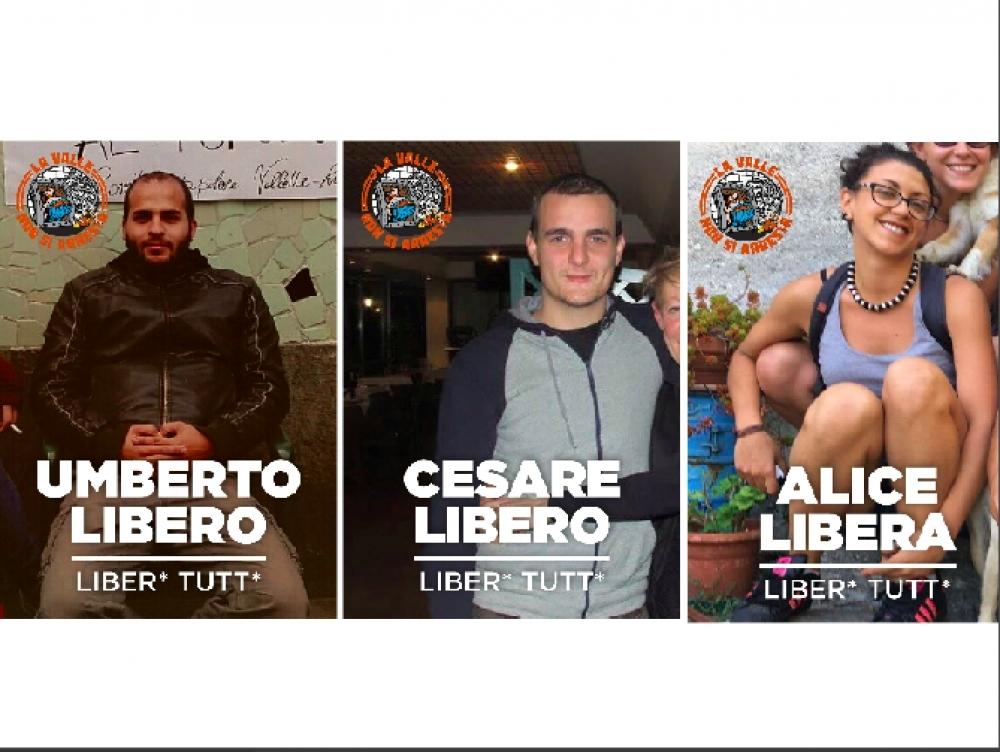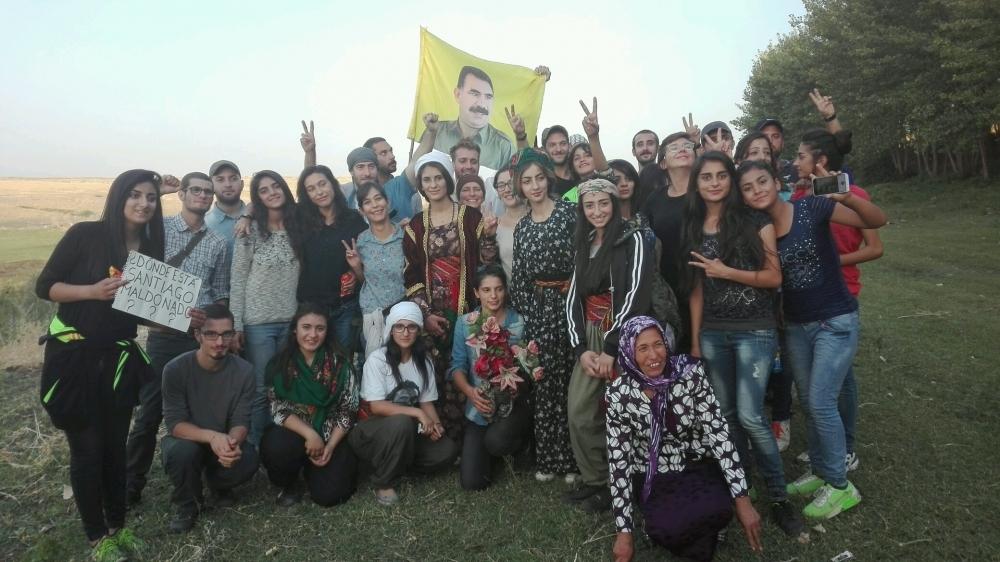
The Human Beast

(This reflection was originally published on the Infoaut.org website last August 7)
The issue of Cecil the lion, as every mass phenomena able to mobilize more or less happy energies and passions, deserves a level of analysis able to overcome the simple invective (yet, according to the author, being the latter justified by the events of 23 daily hours out of 24 and of 9 newscasts out of 10). And through posing the problem: why such indignation, till the point of taking the streets and wasting reams of ink and bytes for an animal instead of the other cause or event of exploitation, misery, oppression, genocide, devastation and suffering in the world? Or, by reversing the assumption, what a world is the one in which we live in, where the hierarchy of values is so messed up, the morals are so degraded, the drift of meaning so prominent to set at the top of the list of emergencies and of the newspapers front pages the issue of the protection of a particular – and not even human – living species?
Let’s sum it up. In the previous days Cecil, a naturalistic star of Hwange Park (Zimbabwe) was killed by an US dentist looking for strong emotions during a hunting expedition: one that was legal and carried out in a context of animal population control (according to the protagonist), while being deemed as illegal and marauding by the local authorities. Once the hunter and his domicile were located through a data leak, the mobilization (and the shitstorm) is colossal: not only famous people from showbusiness and sports condemn the episode (and in turn many followers of theirs on the social media) but also politicians join up, at a time in which the debate on fire-arms control in the US is more inflamed than ever. Calls for boycott, censures and menaces follow each other: these are often limited to simple clicktivism, but rebound and amplify themselves from the mainstream media to web and vice versa, bringing into it state institutions and the UN. Till the point of producing results that are even paradoxical, from a liberal point of view: like the request of extraditing the dentist in Zimbabwe – a pariah country in the international community till the day before – or anyway the questioning of the burgeoise primate (an increasingly safeguarded one in the last thirty years, at the expense of collective forms) of the inviolability of individual economic action: in this case, that of paying in order to exercise a property right on the body of the animal, in a background of inadequate or corruptible state regulation.
It is an episode that is not new in itself: just think about what happened with the killing of the bear Daniza in Italy (which produced calls addressed to boycott its Trentino region’s tourist industry); or with that of the dog Excalibur (an alleged host of the Ebola virus), that on last October produced a wave of indignation and a series of demonstrative actions against the authorities in Spain. In these two cases, it is interesting instead to note the inversion of the state and individual roles.
Getting back to the starting question, in order to propose a hypothesis of understanding of the phenomenon, two layers of meaning have to be engaged and analyzed according to us: a linguistic and communicative one on one hand, and a political and social one on the other hand. These readings are not to be separated, in order to not produce a respectively sterile or abstract point of view.
Let’s start from the first level. It is safe to state that the animal world and its representation, since the times of the Lascaux paintings, are communicated according to a human criterion. That is, by attributing to them a whole series of characteristics and stereotypes which are defined through language and conventions, in many cases being inculcated by childhood tales and audio-visual production (that until very recent times featured those princesses which were compulsorily defended and married by white knights); and that, by accompanying the children in their self-determination propose in time, as a touchstone the “charisma” of the tiger, the “industriousness” of the ant, the “debauchery” of the pigs (this one rings a bell, doesn’t it?); often with utter bias – just think about the actual role played within a pack by lions and lionesses.
A dispositif that is not failing with adulthood: be it as weapons of mass distraction (e.g. gossip on Dudù, the dog of Berlusconi, taking attention and media space away from other issues), attempts of instituzionalization of pro-animal welfare battles (such as the ones promoted by Michela Vittoria Brambilla, still from Berlusconi’s party in Italy, or in the US by Michelle Obama) , diffusion of more or less witty memes or symbol of consensus and mobilization, even for movements (as per the case of Athens’ “riot dog” Loukanikos), the animals are talking through us and about us. And they will still be doing that, even in a hypothetical future in which inter-species communication would proceed through hardware and algorithms being set a priori by man. So much that, in a double tailspin (and, even here, at least since the age of Aristotles) it often ends up for human beings themselves to be “animalized”: from migrants being addressed as “mice” or “cockroaches”, to sexually active women labelled as sows, but also policemen called “pigs” and journalists “hyenas”. Of course, it is not a matter of providing etiquette lessons to anyone, but to realize and be aware of the use of linguistic conventions that, in the information age – and with all the related communicative hierachies – are tantamount to tools of production and “consumption” of the real.
The result of this is that (in the same way it happens for people) there is a drive to identify more or less desirable or worth preserving species, or those that are more useful for the environment (which is immediately translated in economic terms, in this case in the profitability of the presence of Cecil for the park). The death of the lion, that was not merely at the top summit of the food chain, but of imagery value, too, evokes a challenge to the establishment, which is amplified by the rarity of the species and by its relatively helpless character in front of the means used by its butcher. There is more: Cecil has a name (moreover, an apparent tribute to the cutthroat British colonialist Cecil Rhodes), a history, a face that the media deny every day not only to many animals (and bestowed upon others); but also to too many dead bodies that died of famine, in war and in the Mediterranean.
Coming to the second level of meaning, the episodes quoted could, (partially, and at least in the Western context) individuate a “victorious” antispecist legacy, that was accumulated by a series of struggles (as the liberationists ones, or the conservationists ones like Sea Shepherd) and approaches to animal welfare (lifestyles, diets, ethical and cruelty-free consumption). A political space that, lacking a strong anticapitalist discourse, is always at risk of being included in the neoliberal ideologic paraphernalia as recapture and istitutional ossification of a formal right, if a Brambilla finds the political conditions and ground to be able to stand in front of cameras and raise a newly freed beagle dog from Green Hill to the sky.* Thus opening to the governmental technique of shaping the social subjectivity in/on a (falsely) universal moral conduct opposed to partisan political action: thus making the task of nailing the economic and media neoliberal system to its responsibilities in the degradation of the living conditions of all beings even more difficult. Because of those very limits, for who keeps just being content of a purely ethical and occasional battle of recognization of rights there is always a Merkel after women struggles, an Obama after black people struggles and a Luxuria** after the LGBT ones (not to mention the many pink, ethnic and rainbow police forces…). Hence, people which are desperate for Cecil or its killer dentist can be stigmatized but the ultimate problem is that of developing a clear and reproducible discourse in order to trace a clear line of hostility against the world that produces them both.
In order to do that, the discourse about post-human condition should be enhanced and integrated with a post-animal one – in a social context in which, moreover, pets end up to represent under a majority of aspects no more a surrogate but the equivalent of other kinds of emotional bond; while techniques of selective reproduction get updated, and the earlier mechanical, biomechanical and genetic grafts peer out. But that can produce a ground of renewed awareness and recomposition only provided the post-modernist relativism pitfall can be avoided. Of an ideology that, in its alleged impartiality and “tolerance” (by ignoring its privileged positioning, or by implicitly assuming that as being “natural”!) only serves the dominance of the strongest, the point of view and the hierarchy of values of the collective capitalist and its social institutions, that is. Also, and above all, in respect to our “mediation”/relationship with the animal world.
Baldanders
*A reference to a demonstration for the closure a dog breeding farm in Brescia (northern Italy), in which the participation of Brambilla, Berlusconi’s representative, was widely echoed by the media
**Vladimir Luxuria, an activist that entered Italian parliament as indipendent (yet elected in the lists of social democrat Communist Refoundation Party) in 2006, only by later endorsing some right-wing politics and discourse
Ti è piaciuto questo articolo? Infoaut è un network indipendente che si basa sul lavoro volontario e militante di molte persone. Puoi darci una mano diffondendo i nostri articoli, approfondimenti e reportage ad un pubblico il più vasto possibile e supportarci iscrivendoti al nostro canale telegram, o seguendo le nostre pagine social di facebook, instagram e youtube.

